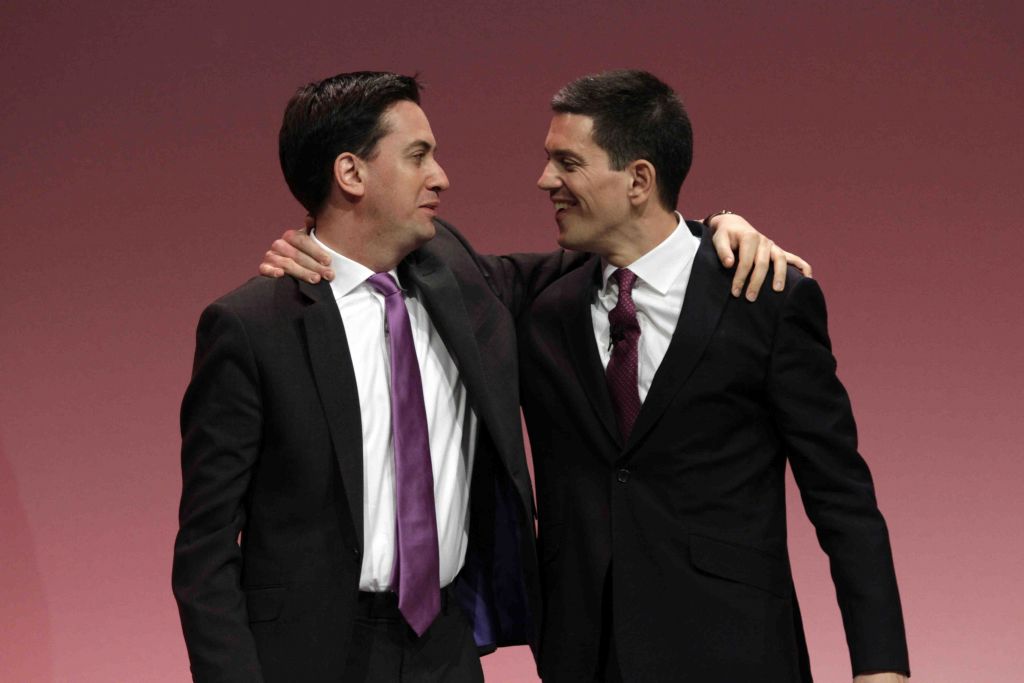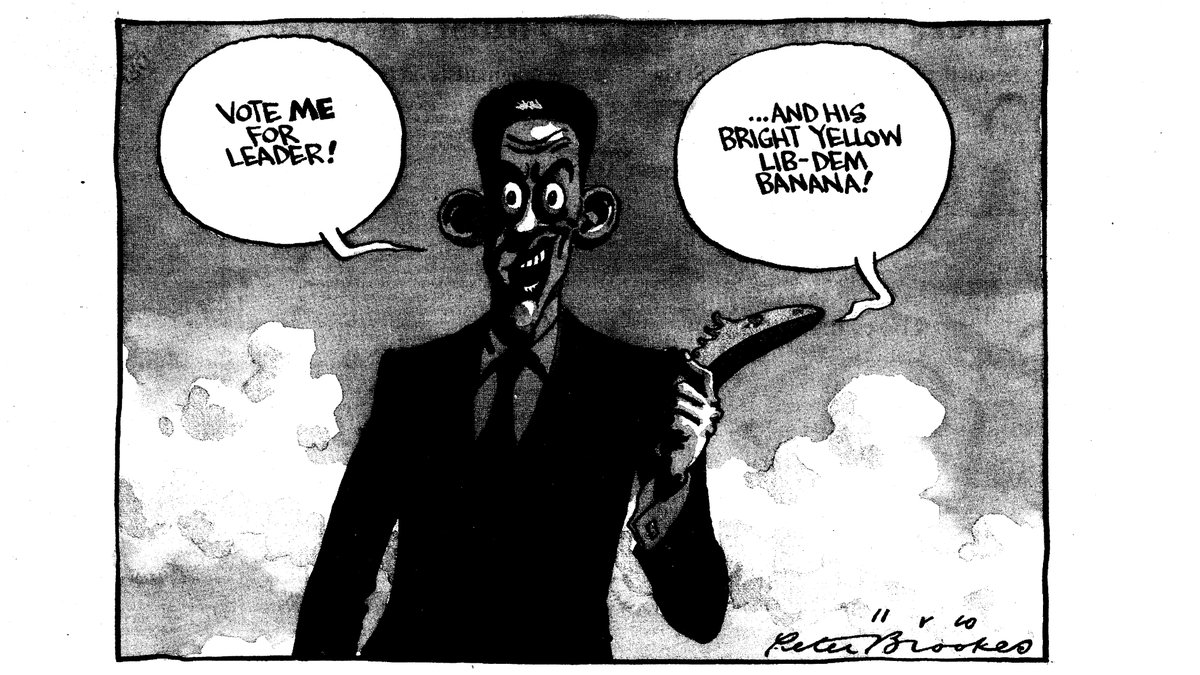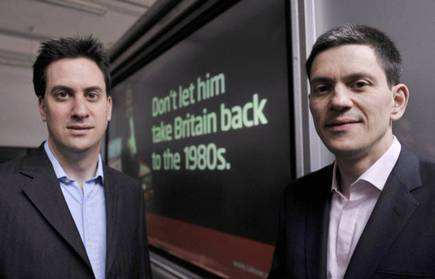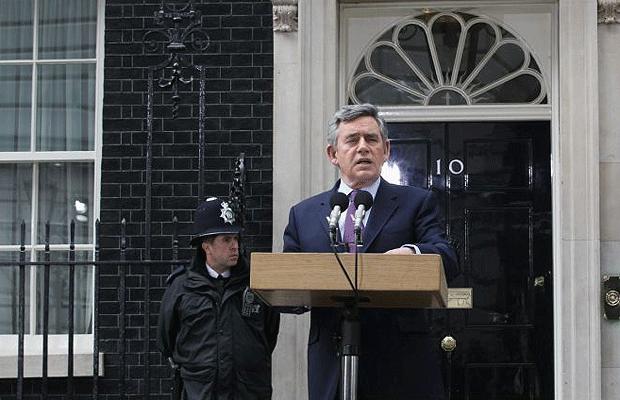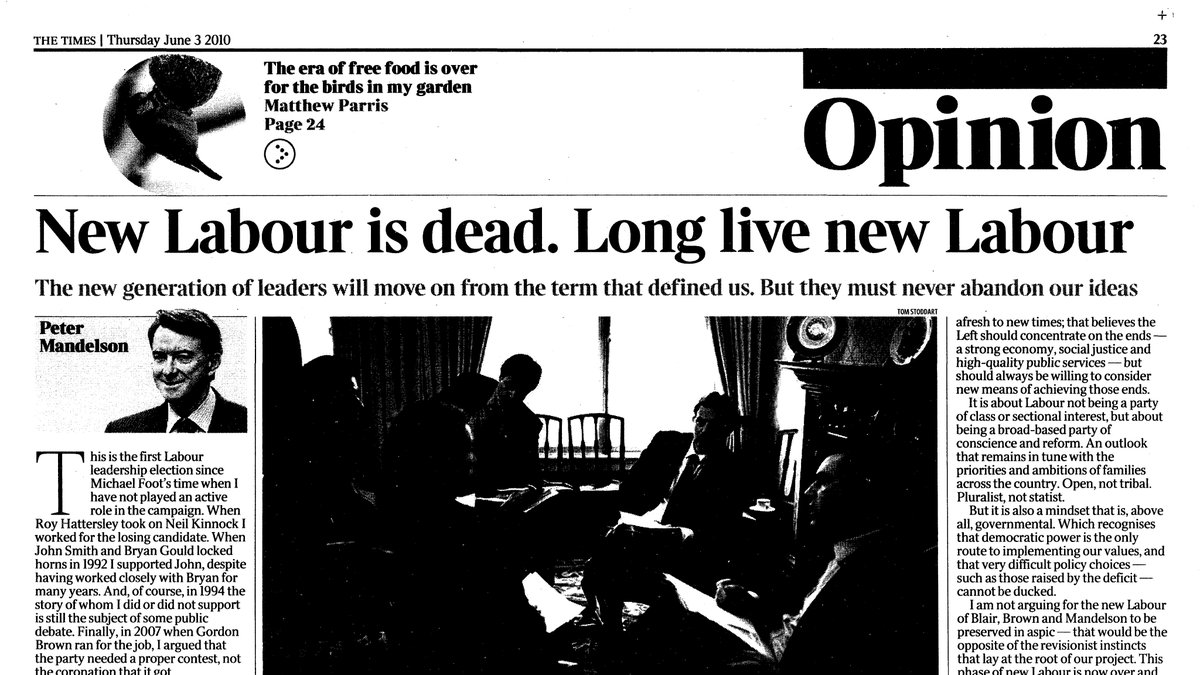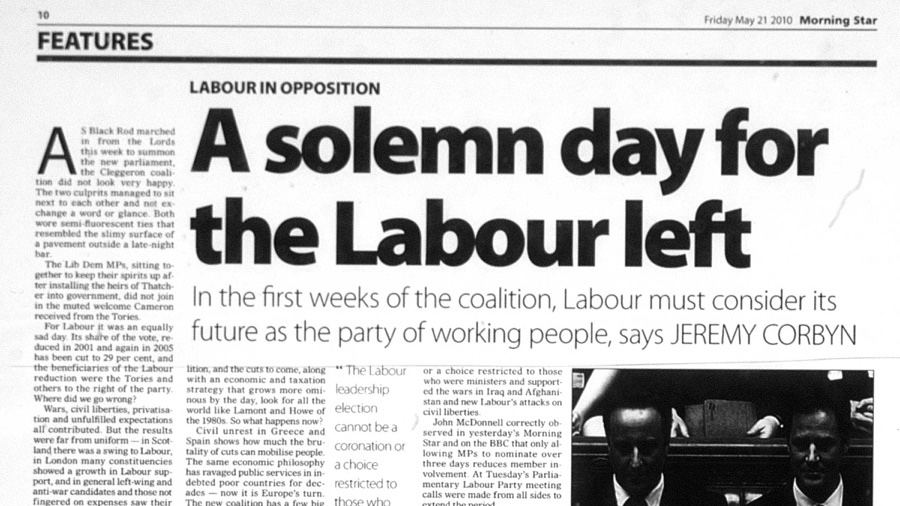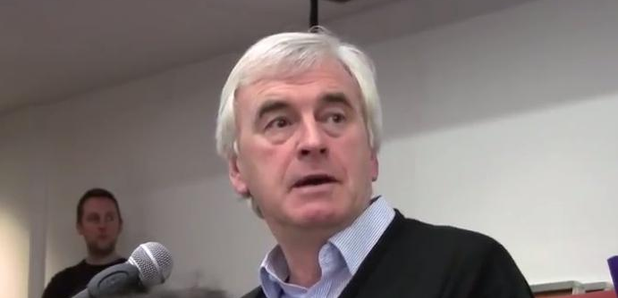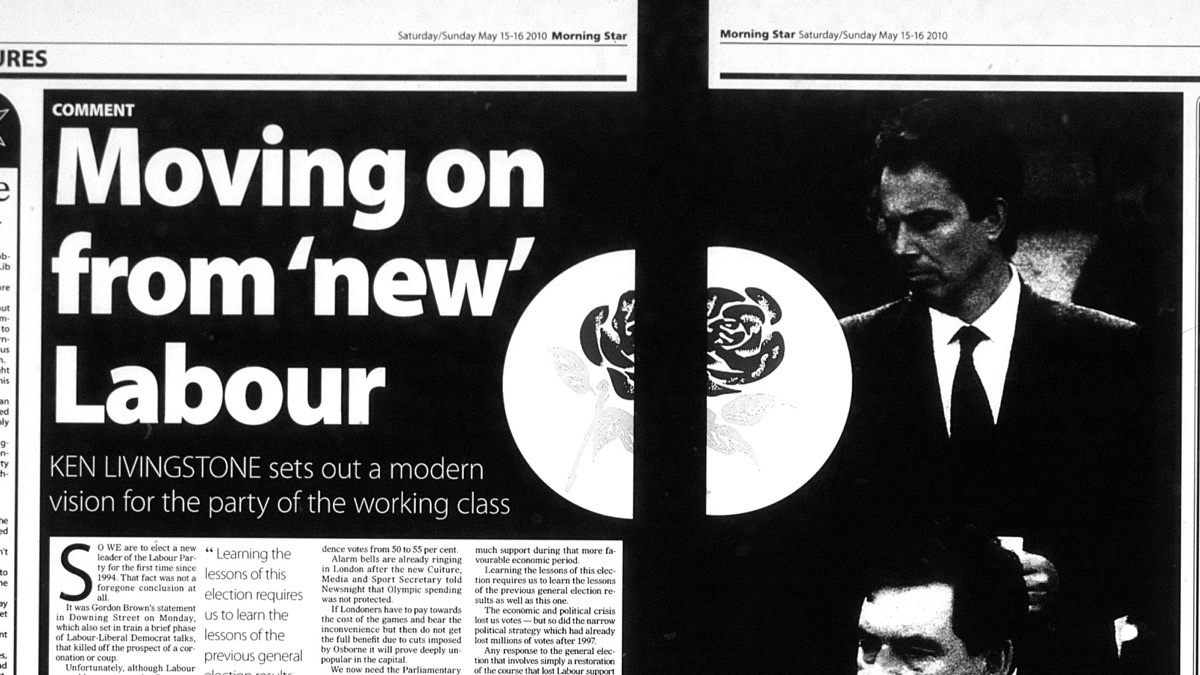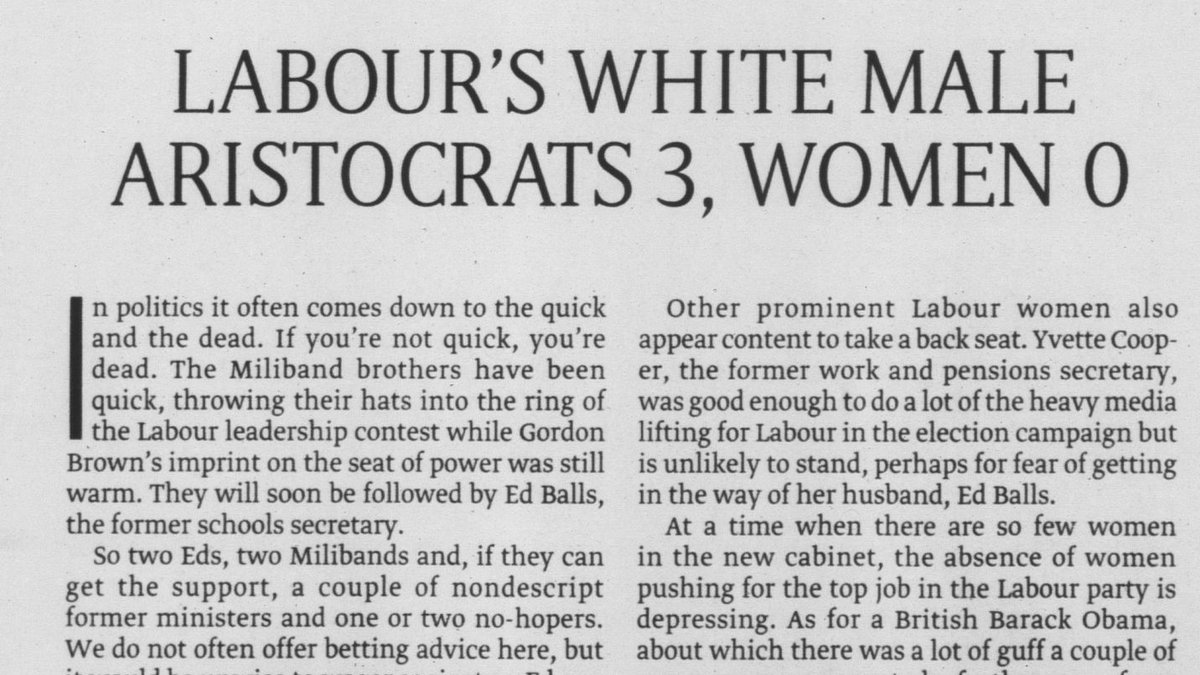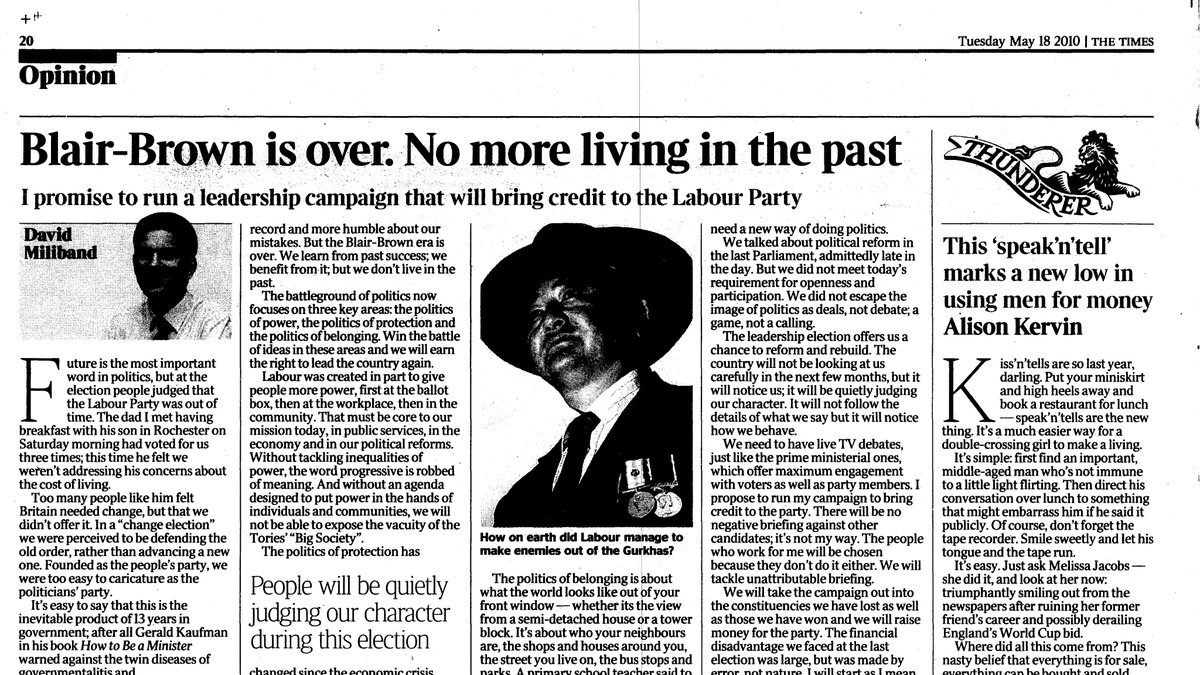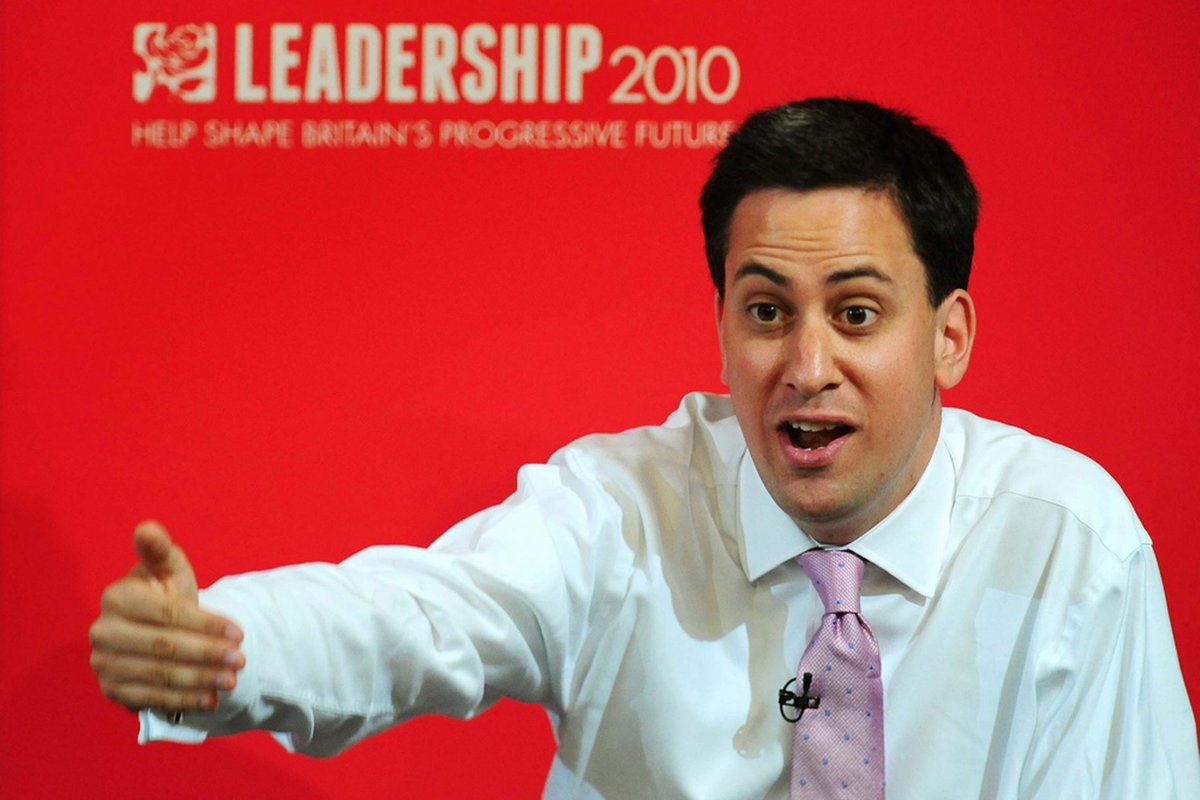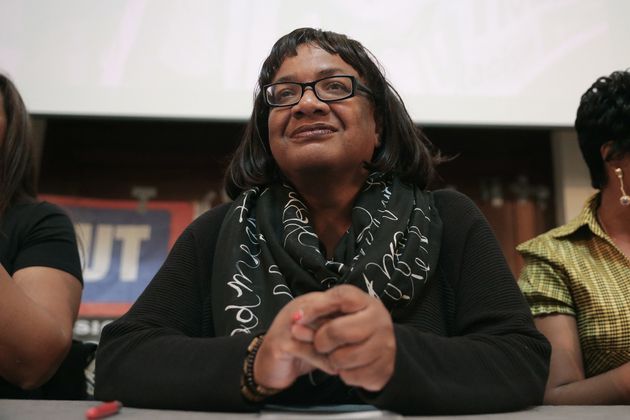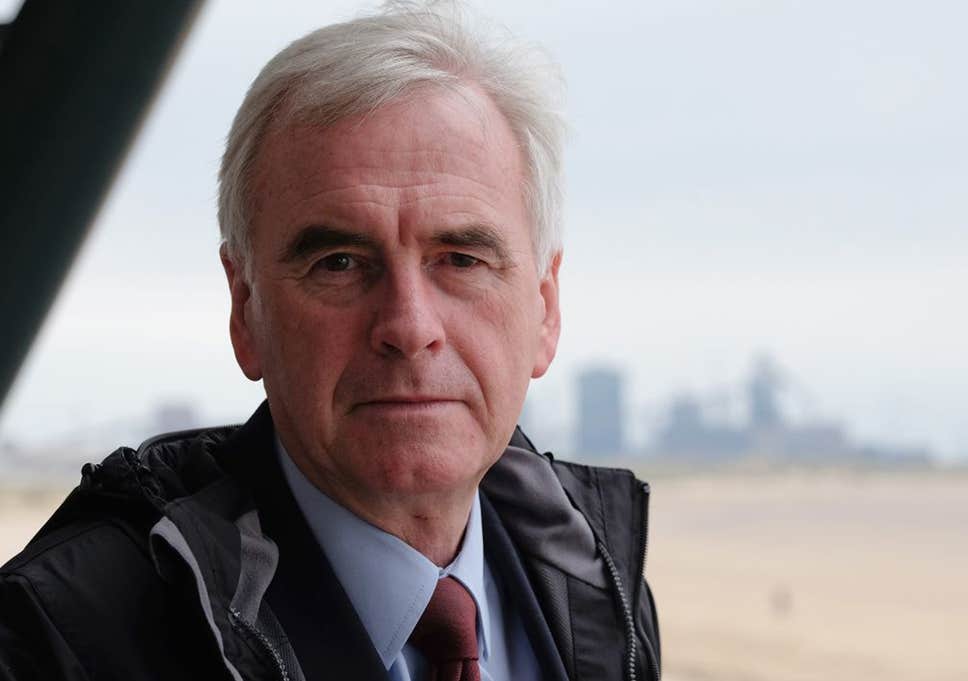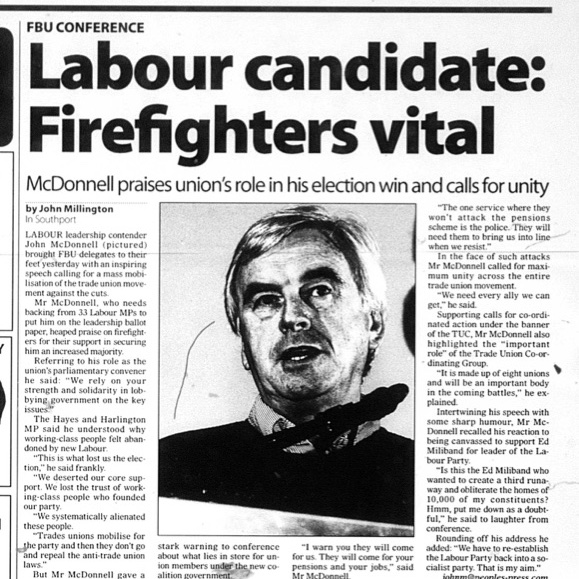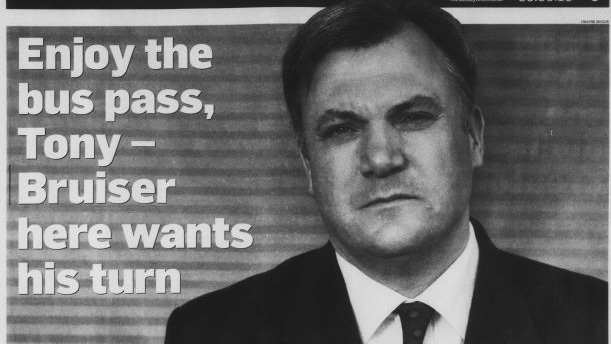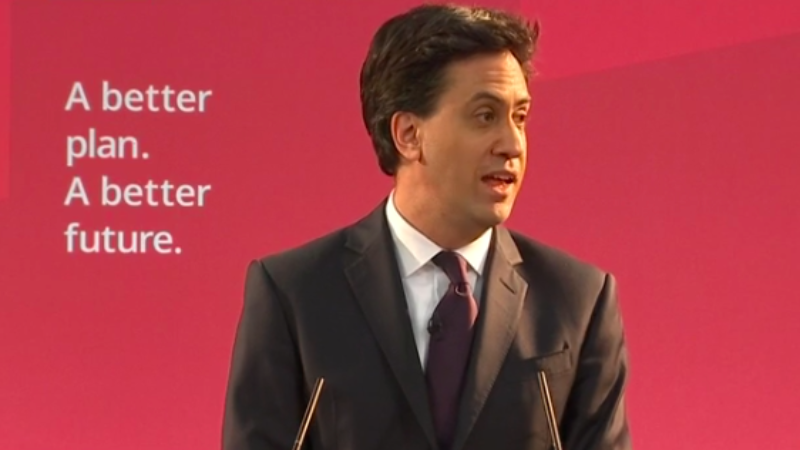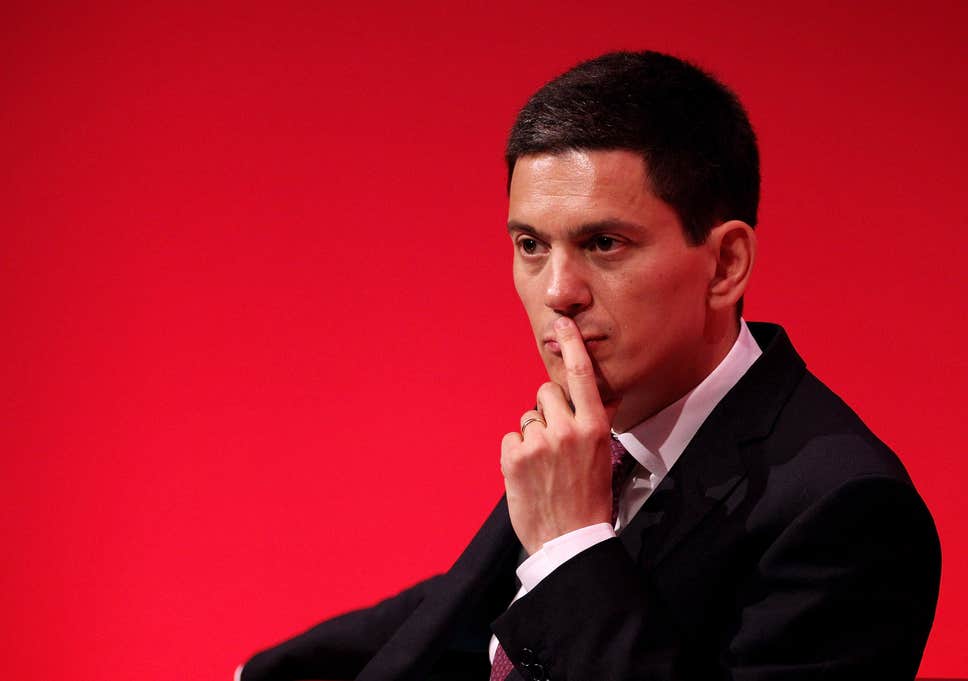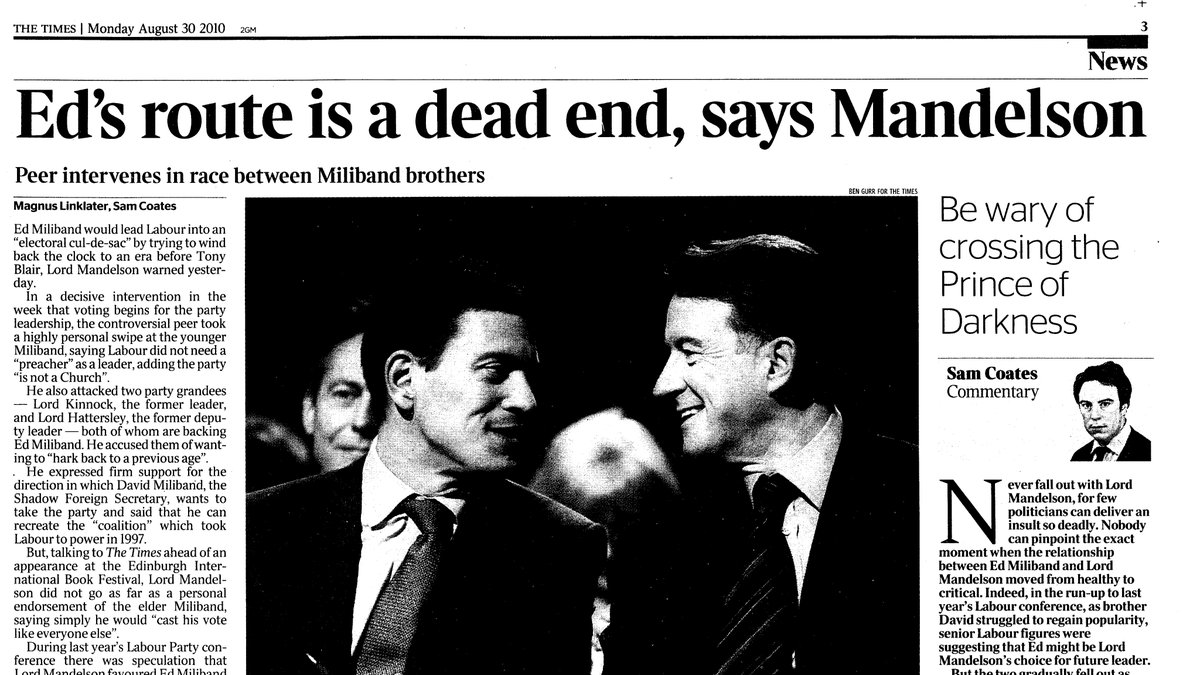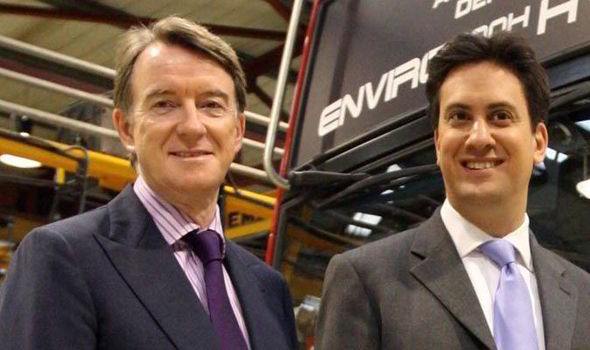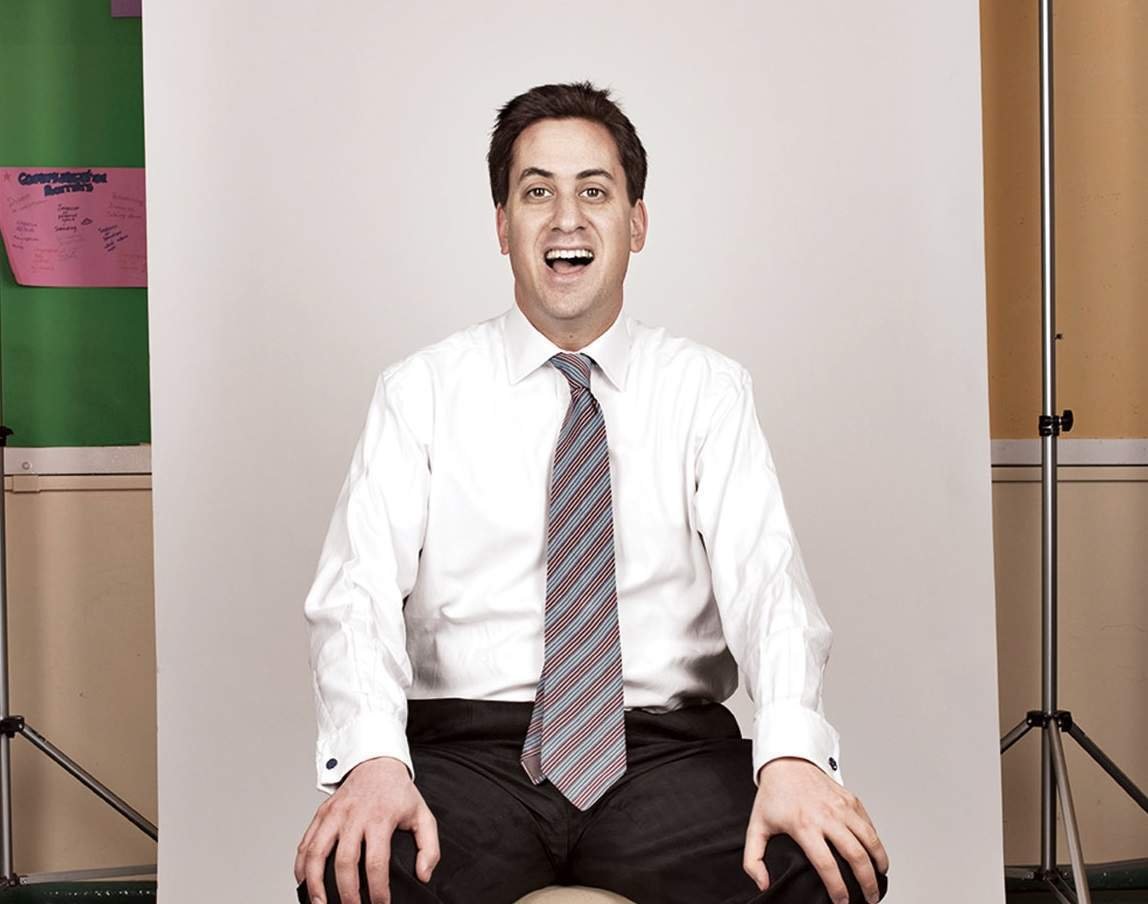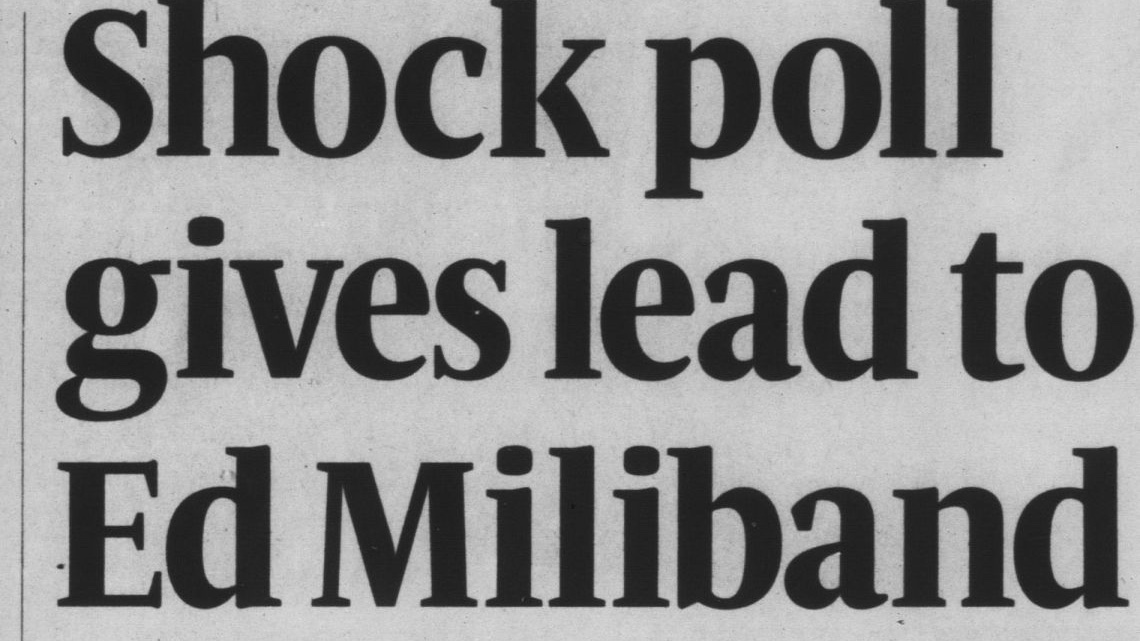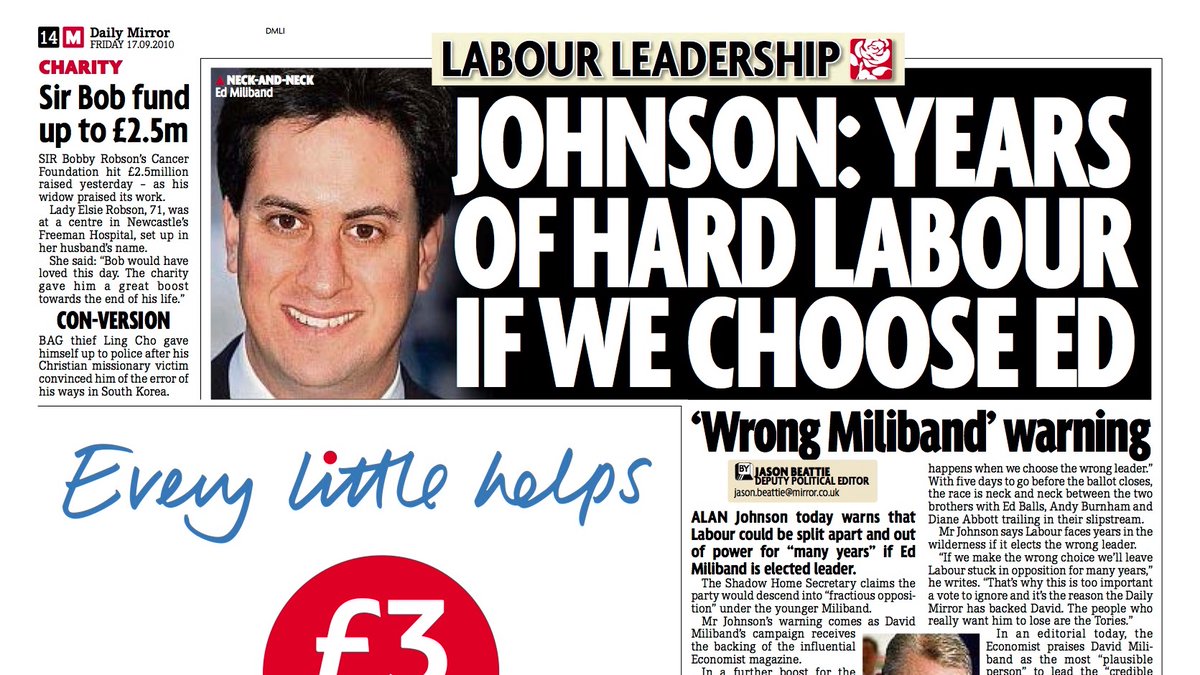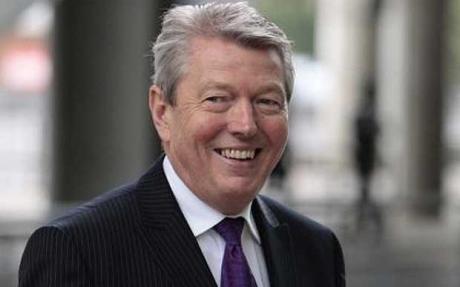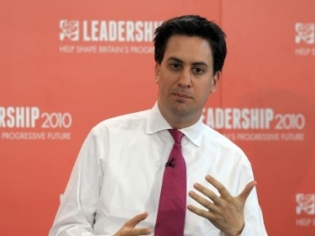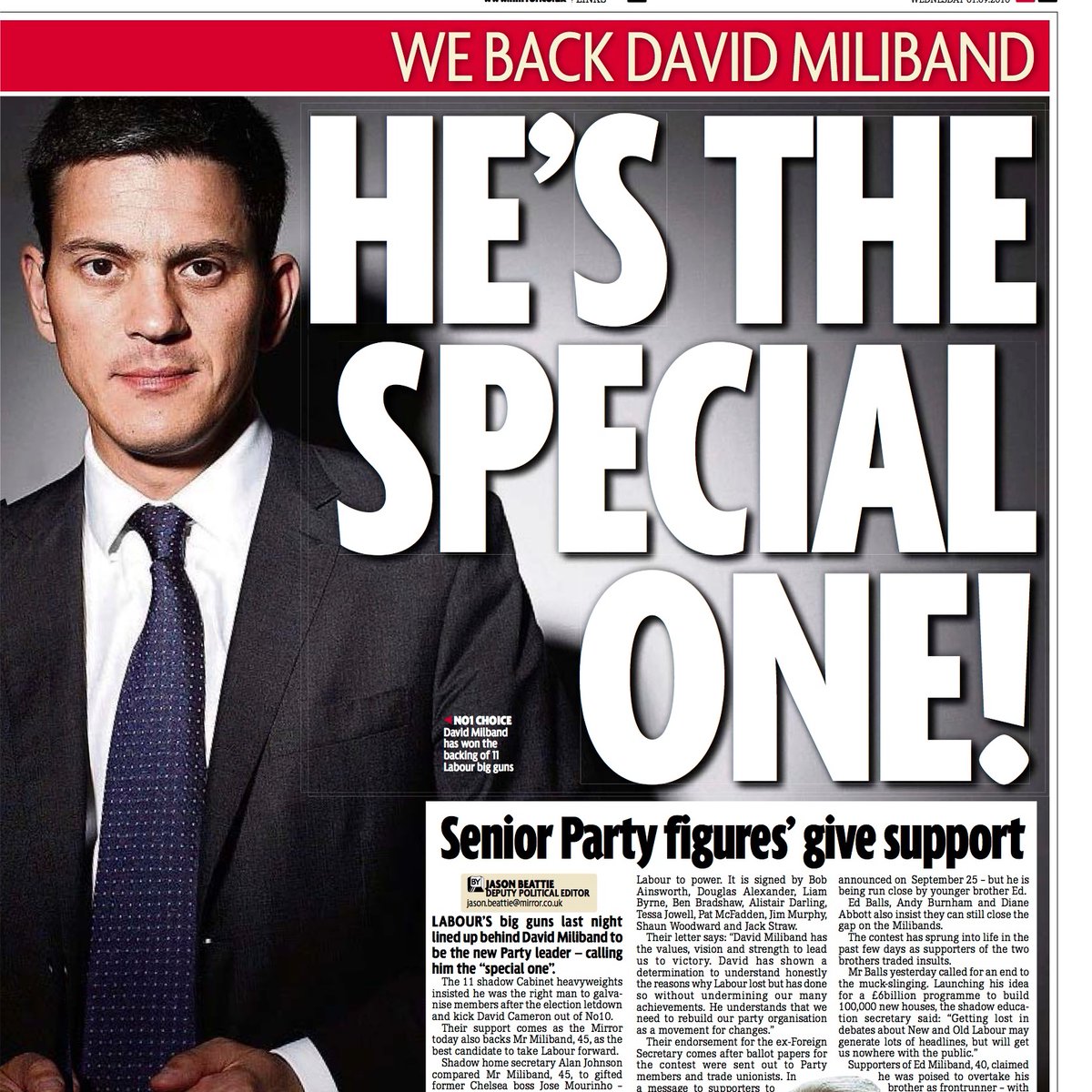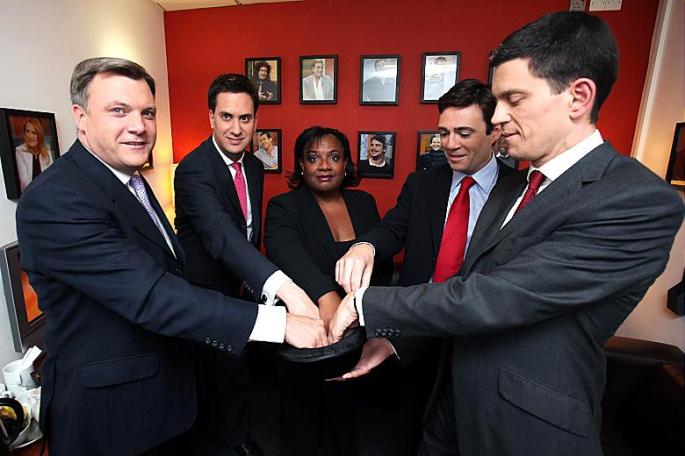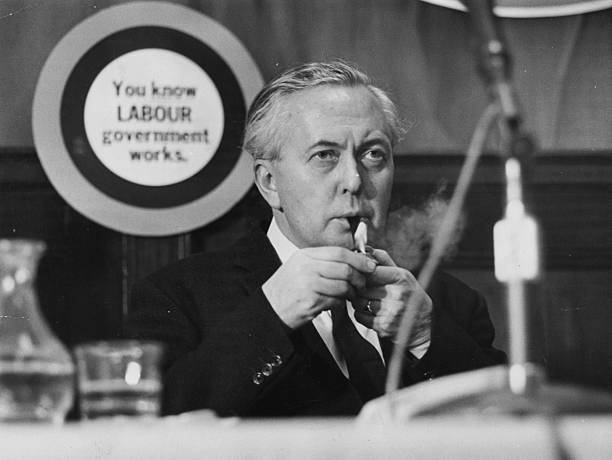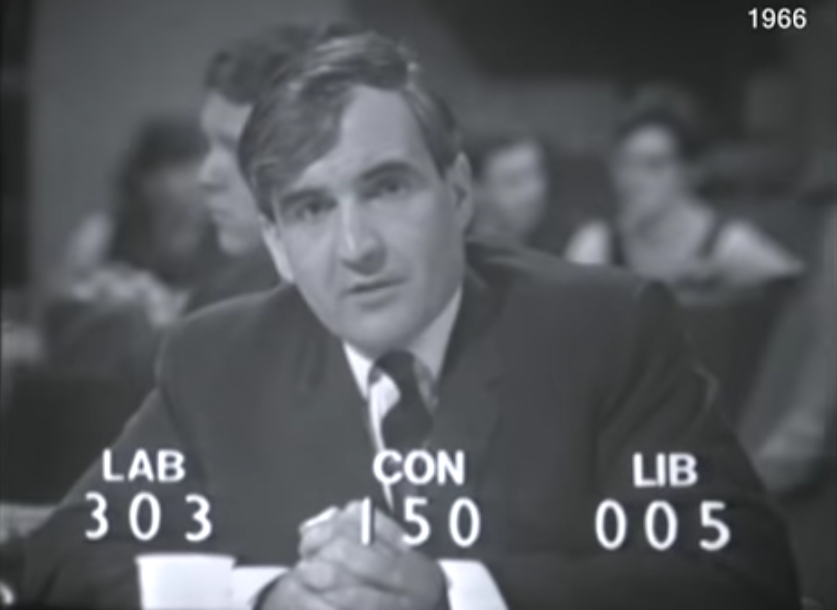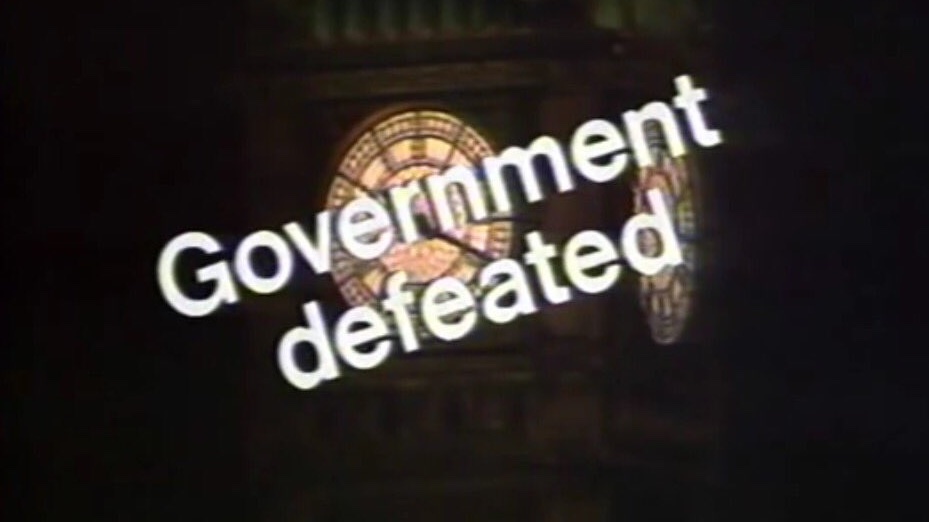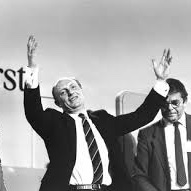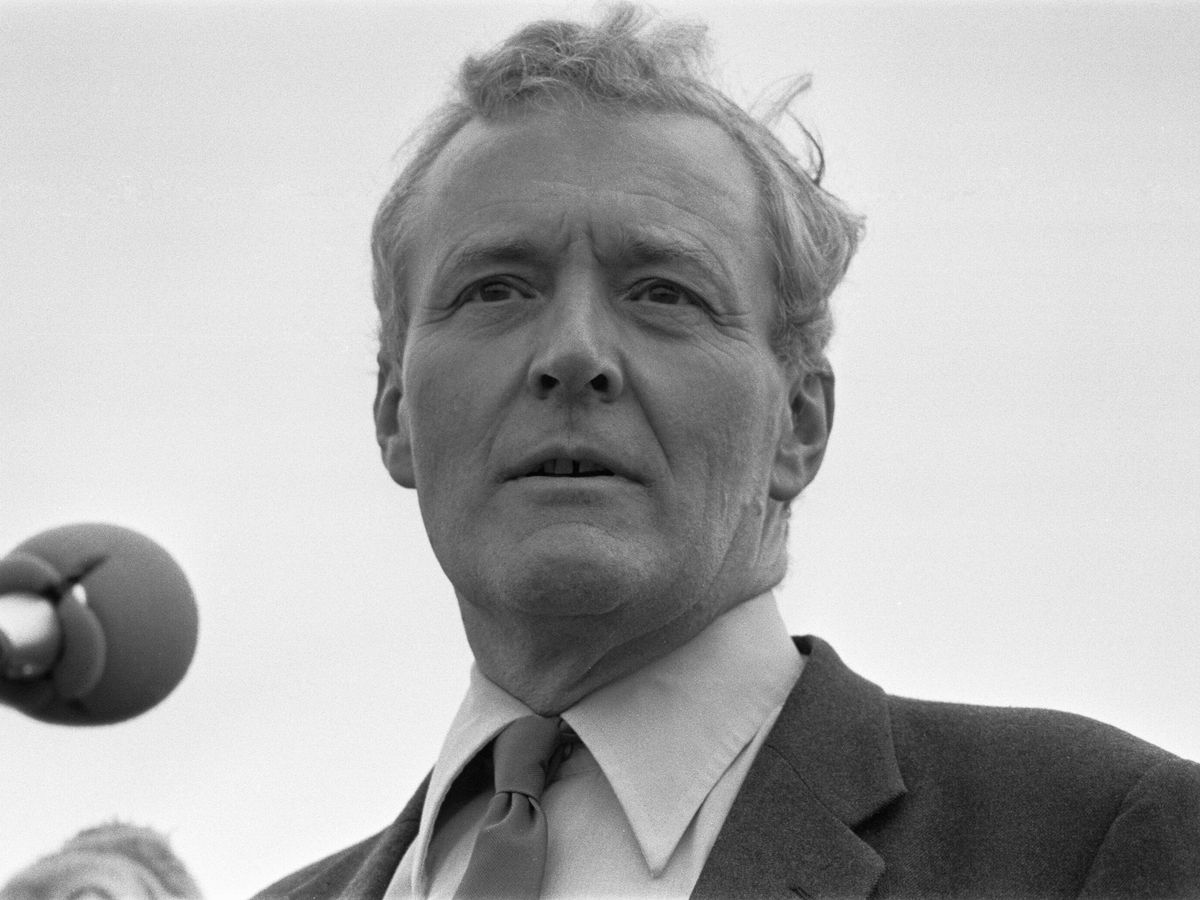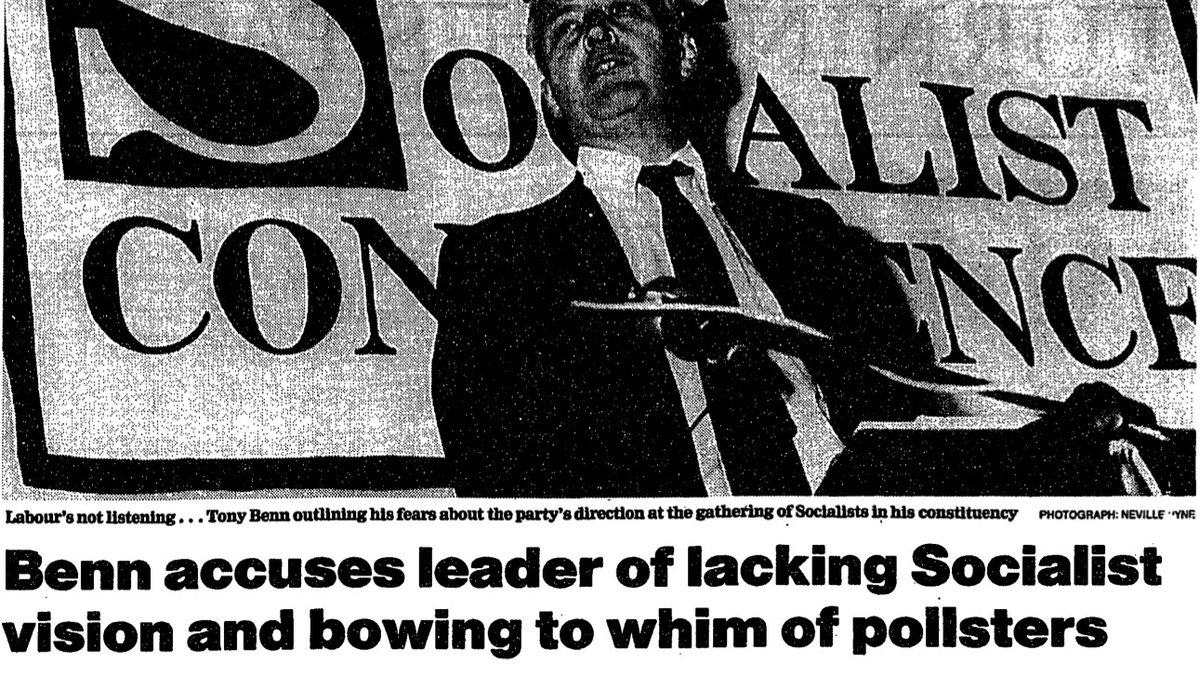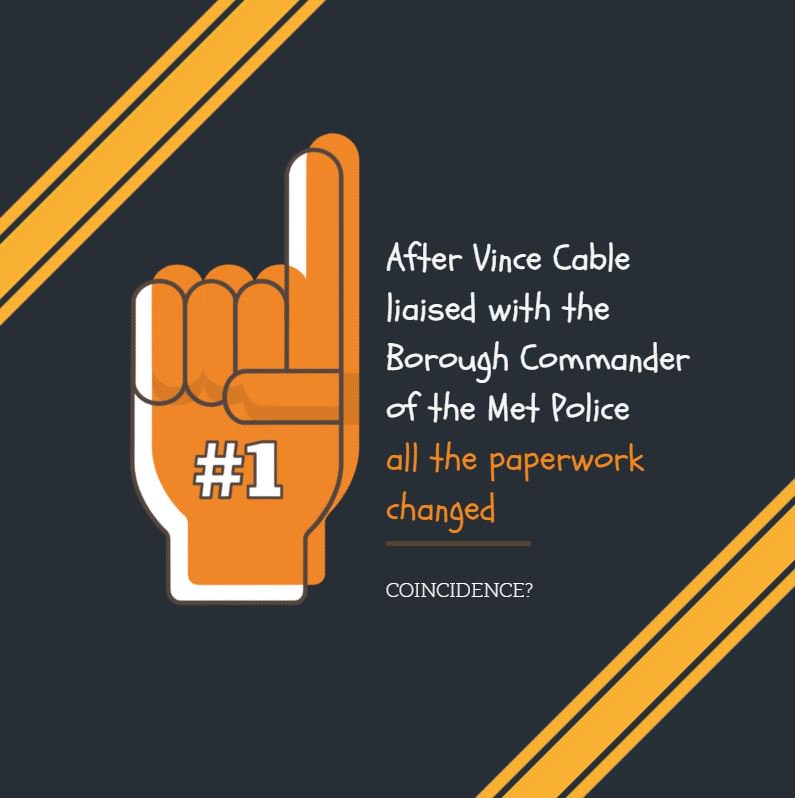‘the party is likely to respond more coolly to defeat than it has in the past’ but warned that ‘its audit of the election is set, however, to be too generous to its own record’
‘New Labour was a reaction to the 1980s but it was trapped by the 1980s. Anyone who thinks that the future is about re-creating New Labour is wrong. I think we've got to use this period to decisively break with that'
‘the politics of power; the politics of protection; and the politics of belonging. Win the battle in these areas and we will earn the right to lead the country again’.
‘I wouldn’t say the government was dysfunctional but it was dragged down at moments. It was handicapped by the factionalism and tribalism’
‘We should have been clearer about saying we want to narrow the gap between rich and poor. We shouldn’t be embarrassed about raising the top rate of tax. We were gripped by the caution of the past’
‘it's difficult to see how people like me can get on the platform ... I don't understand what problem New Labour have got with democracy’
In a speech entitled ‘A Mandate for Change’, Ed offered the most radical critique of the New Labour decline:
labourlist.org/2010/08/a-mand…
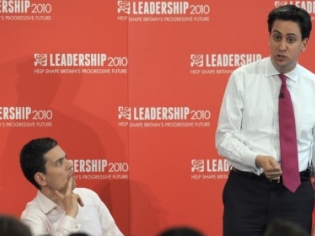
labourlist.org/2010/07/david-…
‘What was interesting to me about this was when he started talking about belonging and neighbourliness and community, more communitarian politics, which is where I think Labour has to go.’
They predicted that ‘he is adored by the grassroots so four months of hustings will suit him’.
‘It is the New Labour comfort zone that we must escape: the rigidity of old formulae that have served their time, the belittling of any attempt to move on from past verities and the belief that more of the same is the way to win’.
‘Unless you are willing to say we made mistakes and you are willing to move on from them we will have the same result at the next election.’
‘I do not believe we lost the 2010 election because of Iraq and we fool ourselves if we think we lost places like Stevenage – that we won in 2005 – over Iraq’
‘says the things that aren’t popular in a room full of Labour activists - that he doesn’t support a graduate tax or that it was bad that we didn’t have a single business support us in 2010’
He defined the difference between the two brothers:
‘There is a huge difference in terms of eloquence, vision and experience…in telling people what they don’t want to hear'
‘fight to protect the hard-working majority in this country and makes the cuts less painful for the majority by taxing the banks a fair share. After all, they caused the mess we’re in’
‘I would march the length and breadth of the country if I thought it would get the Tories out. But the truth is the best way to fight the cuts is to win power again’.
As the Conference met in Manchester it was Ed who was the bookmakers favourite.
‘New Labour is gone. It is a product of history. It can go in Madame Tussauds’

